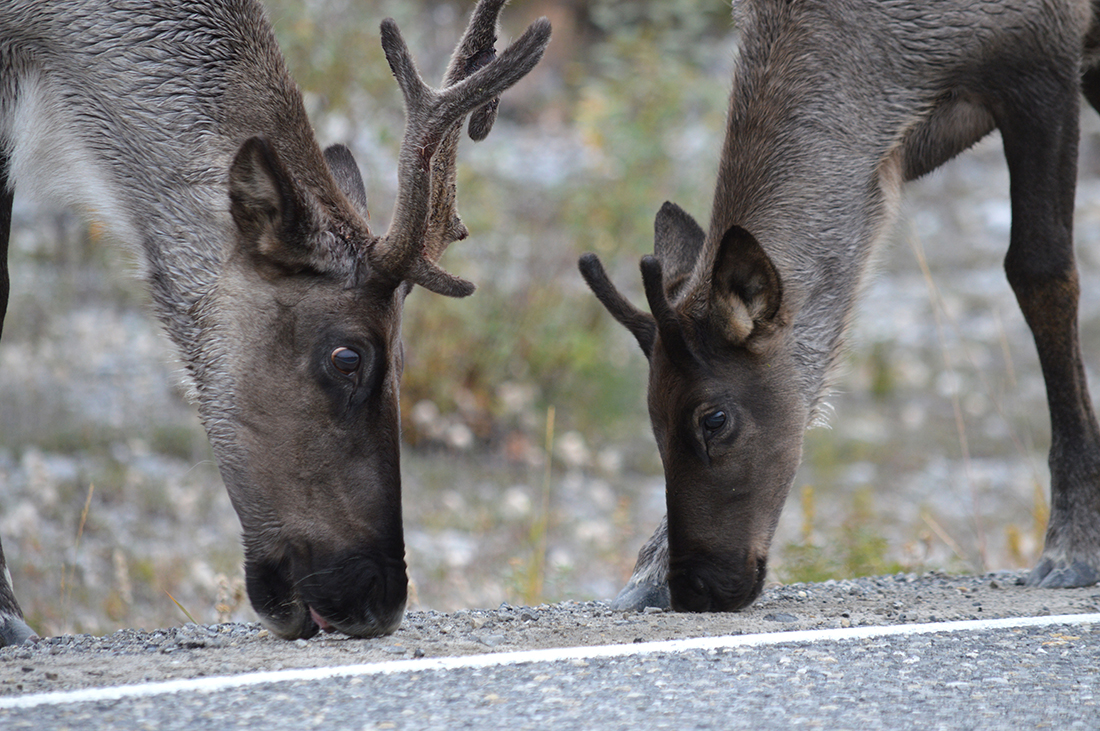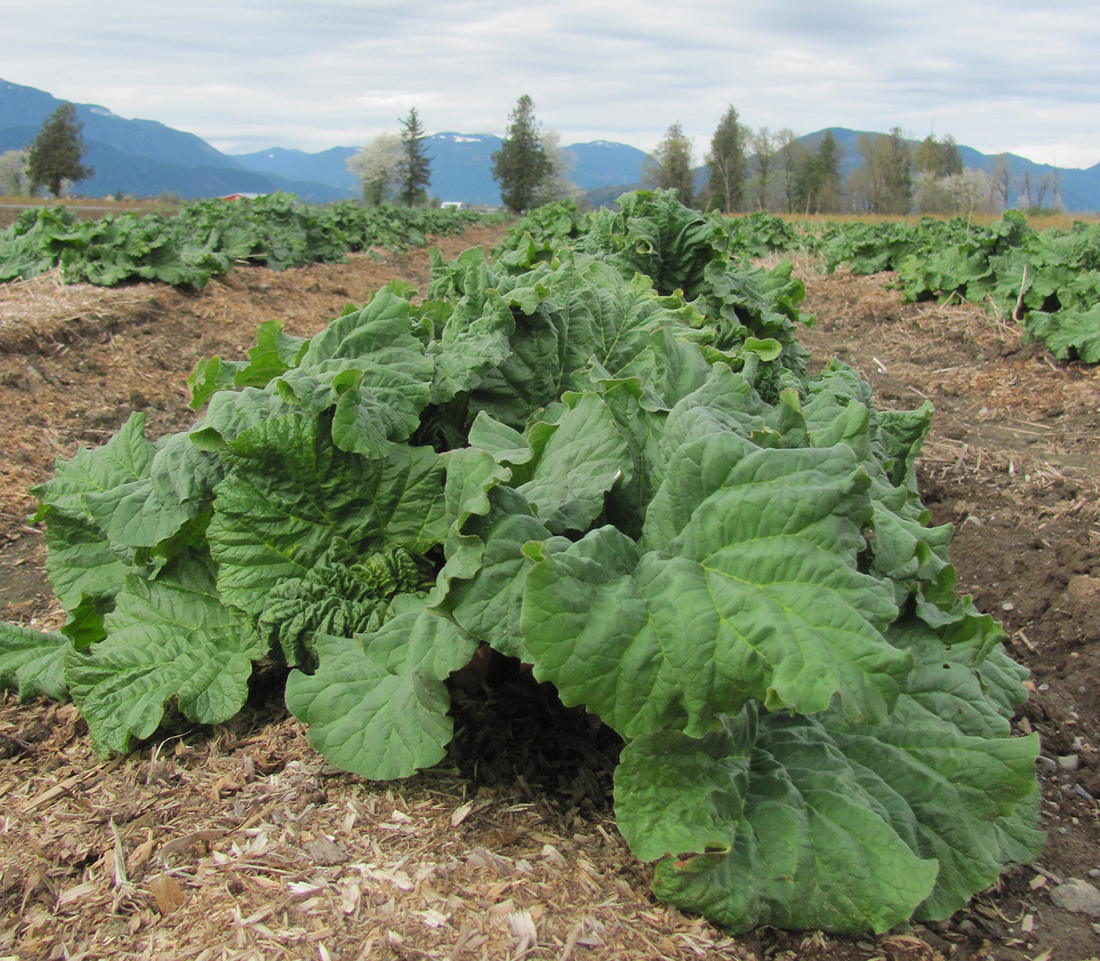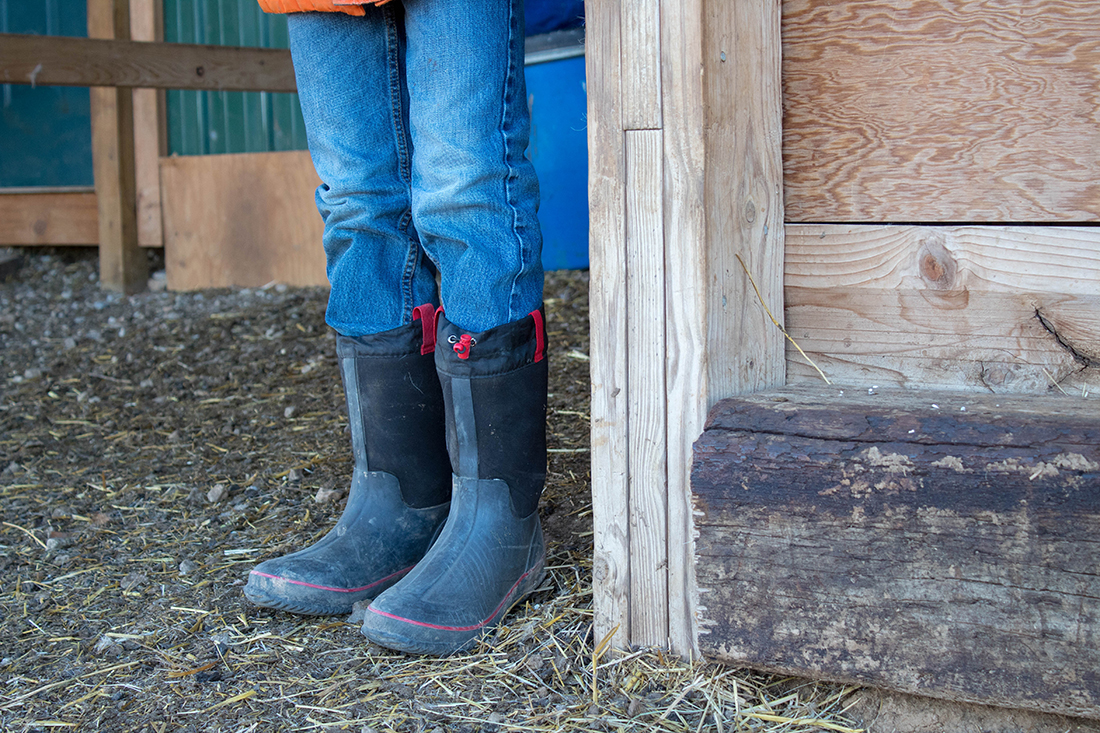KAMLOOPS – The province has drafted two agreements to conserve the southern mountain caribou, and ranchers are among the groups weighing in as part of a public consultation that runs until May 31.
The agreements include one with the federal government outlining how it will work with the province to conserve the caribou, which range the length of BC from the US border north to the Yukon.
The second document is between Ottawa, the province and the West Moberly and Saulteau First Nations, and applies to the ‘central’ caribou population that range across an area between Mackenzie, Chetwynd and south past Tumbler Ridge through to the Alberta border. The partnership is a model for future management agreements in other areas of the province.
While the plans won’t have a direct impact on ranchers, the BC Cattlemen’s Association is concerned with the approach to protecting the caribou.
“The areas we use as range might border a bit on the caribou habitat, but it won’t be a huge issue yet,” says BCCA general manager Kevin Boon. “Where our concern comes now is how they are implementing a strategy for protecting them.”
Boon expects that when subsequent plans are developed for the Chilcotin, for example, there will be much more conflict with rangeland.
“The proposal that we have seen for the Peace is to completely close 300,000 hectares of land to all activity, whether it is ranching, forestry, oil and gas, or recreation,” says Boon. “We are okay with that, but only if they are doing something else to actively manage that habitat.”
Boon echoes the concerns of many critics who feel that simply setting aside habitat is not a robust strategy.
“Just making more land available does not mean they will survive better,” he says.
What conservation strategies need to address is what’s killing the caribou in the first place: wolves.
While the plans consider predator control as a strategy, Boon doesn’t think it will happen.
“Even though they have admitted that wolf predation is the biggest cause for the decline in the population, they will not be doing anything to manage predators because it is not socially acceptable,” he says.
An increase in the population of moose, deer and elk is one reason given for an increase in wolves. The province says it will manage these animals by managing habitat to make it less desireable for these species. Boon doesn’t believe reducing ungulates will be effective.
“They are willing to kill off the deer, elk and moose in those areas with the expectation that the wolves will leave,” Boon says. “Well, they’re not going to leave; they will just prey more heavily on the caribou that are left.”
This mirrors all wildlife management in the province, Boon maintains.
“They are willing to do very little to manage predators and as a result we are never going to see the rest of the wildlife become a healthy population,” he says. “If you don’t manage [the wolves], the others have no chance.”
Boon says that research in other jurisdictions shows that a combination of predator control and support for endangered populations delivers the best chance of survival.
“It doesn’t mean they wipe out [the predators]; it means they manage them,” he says. “But until they are willing to manage all of the species as one big picture, they are not going to be successful in managing any of them.”


 Global rhubarb glut hits home for BC growers
Global rhubarb glut hits home for BC growers